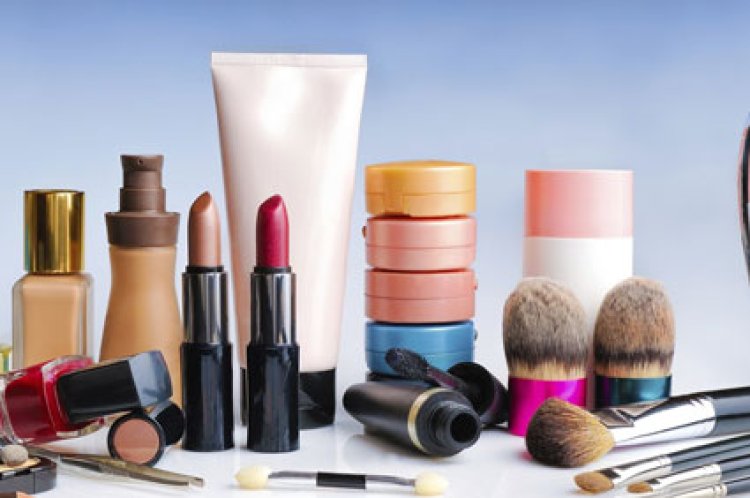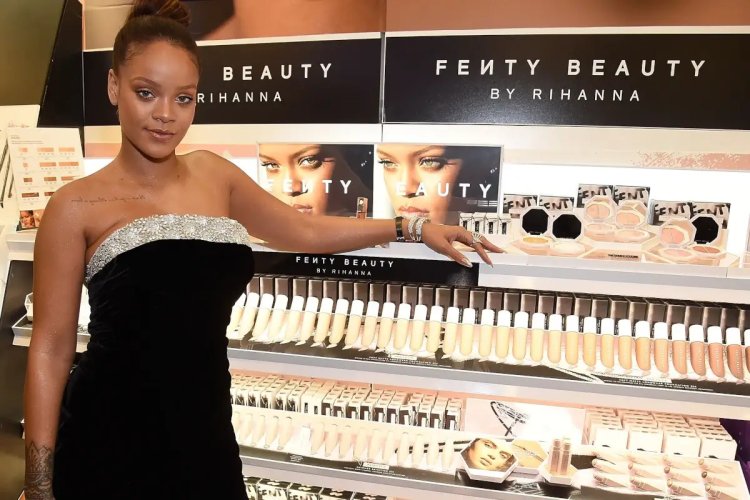KEBS Warns Kenyans Consuming Harmful Beauty Products
Some of the makeup products KEBS banned include bleaching products, which have made a comeback into the market

The Kenya Bureau of Standards (KEBS), has raised an alarm regarding the increasing importation of harmful cosmetics into Kenya.
Speaking on Friday, October 14 during the commemoration of World Standards day, where KEBS unveiled newly approved 474 standards for different products in the country, Bernard Njiraini, KEBS managing director revealed that Kenyans are taking preference for the products banned by the quality regulator which contain harmful chemicals.
Some of the makeup products KEBS banned include bleaching products, which have made a comeback into the market, despite containing harmful components that endanger users’ skin.

An image of KEBS offices. /CAPITAL GROUP
“We have seen products that we have banned are also quite preferred by the people, they prefer the bleaching (products) that contain mercury, hydroquinone and such.
"Some of them are not coming into the country through the normal border entry points, they come through porous borders carried by people who travel to neighbouring countries,” he said.
In 2020, Njiraini announced the adoption of eleven new standards that would also target the cosmetics trade, with stricter regulations in place to protect Kenyans from harmful products. Only tested and approved products will be allowed for sale across Kenya and in East African markets.
“We will ensure quality, fit-for-use and safe cosmetics reach consumers. KEBS will monitor raw material requirements used and limit inclusion of heavy metal as well as microbiological contaminants in products,” he said at the time.
The cosmetics industry in Kenya is estimated at Ksh100 billion, with products such as deodorants and antiperspirants, glycerine, hair spray, lip balm (lip salve), lip shine (lip gloss), lipstick, aftershave, baby oils, body oils, and shea butter being in circulation every day.
The industry has been growing tenfold riding on a liberalised market regime where products are imported directly for placement on shelves without being subjected to a safety analysis by KEBS.
With KEBS standards, cosmetics have been sold at higher product prices blamed on inspection costs and delays incurred when importing products that must await certification prior to shipping to Kenya.
Kenya has also provided a lucrative market for some international beauty companies. In May, American popstar singer Rihanna launched her esteemed brands Fenty Beauty and Fenty Skin in the country, among other African countries.
The products made their entry into a fast-growing sector which is moving up by 400 per cent from Ksh26 billion in 2014 to its current value by 2018. At the moment, they vary to as high as Ksh25,000 per piece.

Rihanna posing next to her Fenty Beauty line of products. /FILE






